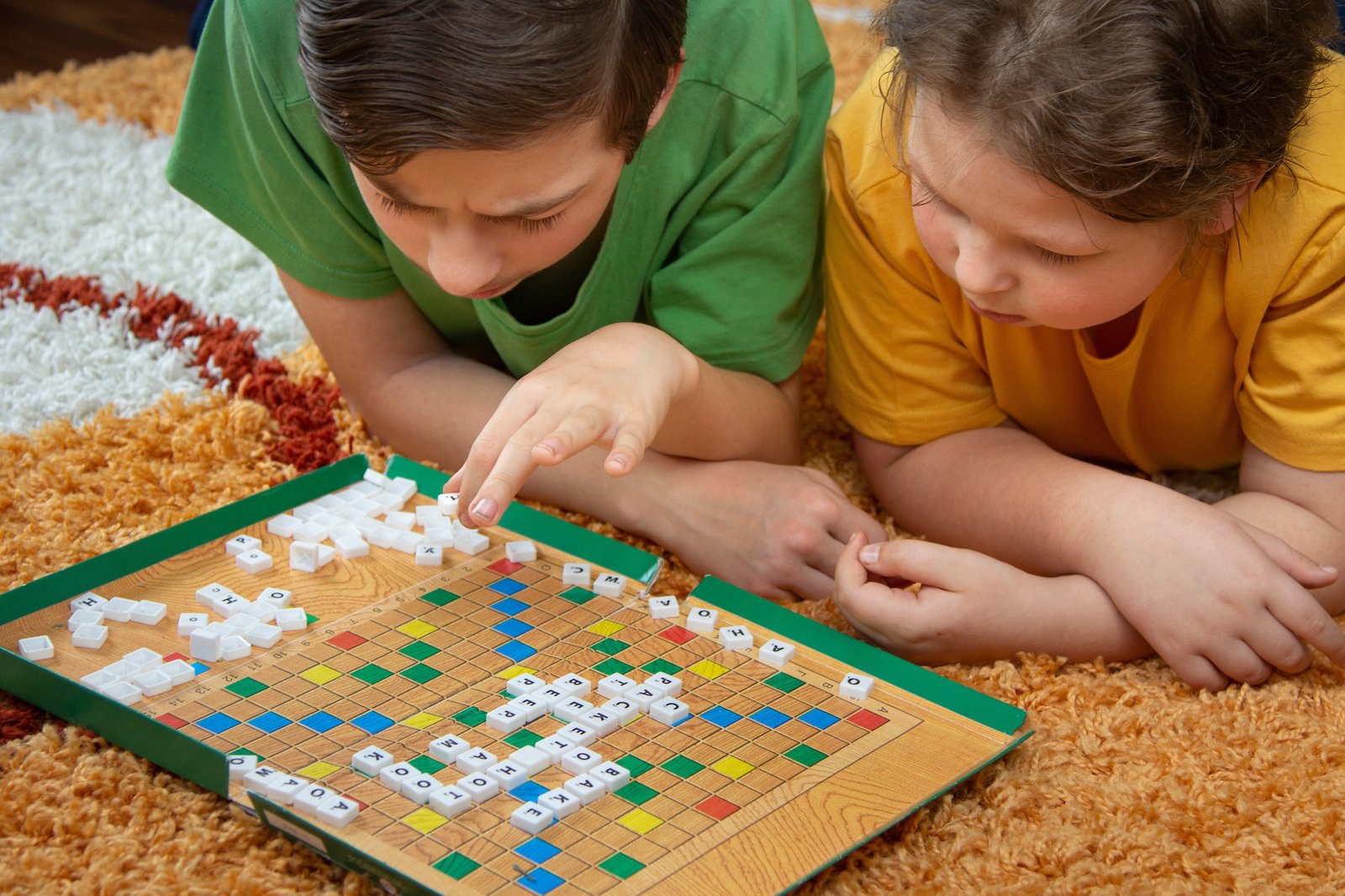In the intricate process of estate planning, the items we choose to pass down to our children hold significant weight. While some possessions symbolize cherished memories and values, others may carry unexpected burdens or complications. n this guide, we delve into 12 items that, for various reasons, are best excluded from your will.
Debt

Inheriting debt can cripple your children financially. Settle debts before passing on your estate to protect their financial well-being.
Family Heirlooms with Strings Attached

While family heirlooms hold sentimental value, those with conditions attached, such as requiring recipients to meet certain criteria or expectations, can lead to conflict and resentment among heirs. It’s best to avoid passing down heirlooms with strings attached to preserve family harmony.
Unwanted Property

If you leave your children property they don’t want or can’t take care of, it can cause them financial and practical problems. Before giving them property, think about what they want and if they can handle it. This helps avoid giving them something they don’t want or can’t manage
Personal Belongings Without Sentimental Value

Items without sentimental significance may clutter your children’s lives without adding meaningful value. Before passing down personal belongings, consider whether they hold sentimental value for your children and whether they align with their interests and lifestyle.
Tax Burdens

Inheriting assets that come with significant tax liabilities can deplete your children’s inheritance. Estate planning strategies can help minimize tax burdens and ensure that your children receive the maximum benefit from their inheritance.
Complex Investments

Complex investments or financial assets that your children may not understand or know how to manage can pose risks to their financial well-being. It’s advisable to simplify your estate’s investment portfolio and provide your children with the necessary guidance or resources to manage their inheritance responsibly.
Unpaid Loans or Debts Owed to Family Members

Inheriting unresolved loans or debts owed to family members can strain familial relationships. It’s essential to address and settle any outstanding loans or debts during your lifetime to avoid complicating your children’s inheritance.
Incomplete Estate Plans

Failing to create a comprehensive estate plan can leave your children with uncertainty and legal complications. Ensure that your estate plan includes essential documents such as a will, trust, power of attorney, and healthcare directive to provide clarity and guidance to your children.
Old Clothes

While your wardrobe might hold sentimental value for you, it might not be appealing to your children. Fashion tastes vary, and outdated styles may not interest them. It’s wise to declutter your closet, keeping only timeless pieces or items with significant sentimental value. Donate or discard clothing that no longer serves you, even if they’re brand new or have tags attached..
Old Magazines/Books

Old magazines, Reader’s Digest collections, and encyclopedias may have sentimental value, but they’re unlikely to be of interest to your children. With the prevalence of digital resources and online research, physical copies of these materials often collect dust or take up valuable storage space. It’s practical to consider donating, selling, or recycling these items to declutter your home and make room for more relevant and useful possessions.
Old Linen

Your old linen should be treated just like your old clothes. No one wants your old bedding, stained or yellowing tablecloths, bath towels and robes, doilies, and other linen. Keep what you need for daily life and discard the rest.
Holiday Decor

Your collection of holiday decor, like menorahs, vintage tree skirts, or nativity sets, might hold sentimental value to you, but your children may not share the same sentiment. Instead of assuming they want these items, discuss their preferences to avoid misunderstandings and potential conflicts later on.
Dirt And Mess

No one likes to inherit a dirty house. While you may have made peace with cobwebs, dust bunnies, and mildew, your children may resent the time, money, and effort that goes into cleaning an inherited property. Clean your house; you should live in a dust-, clutter-, and mildew-free home.
Unused Gifts

If you have unused gifts from your children lying around, donate them now. You don’t want your children to know that you did not use their gift and passed it back to them or your sibling.
Unmanageable Pets

Pets with special needs or high maintenance requirements may not be suitable for your children’s lifestyle or capabilities. Consider alternative arrangements for these pets instead of assuming your children will care for them.


